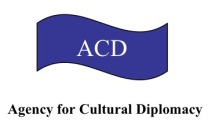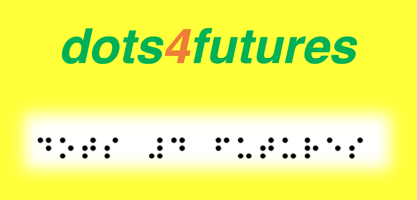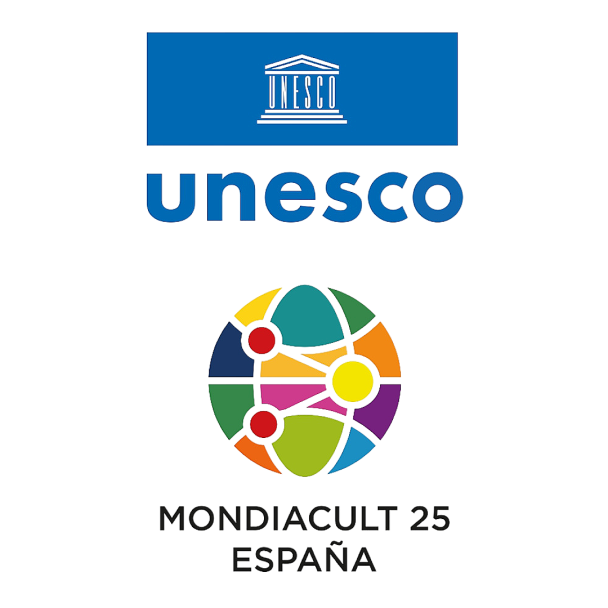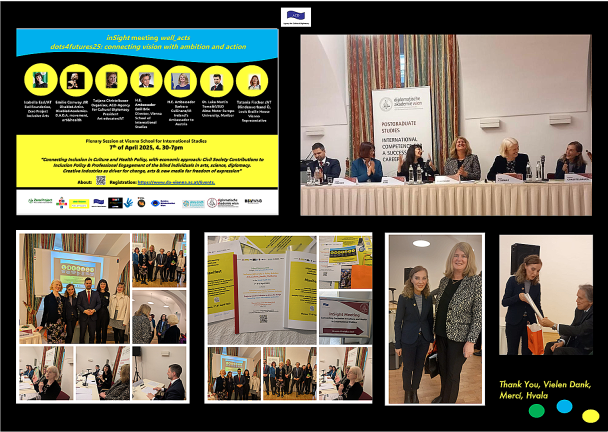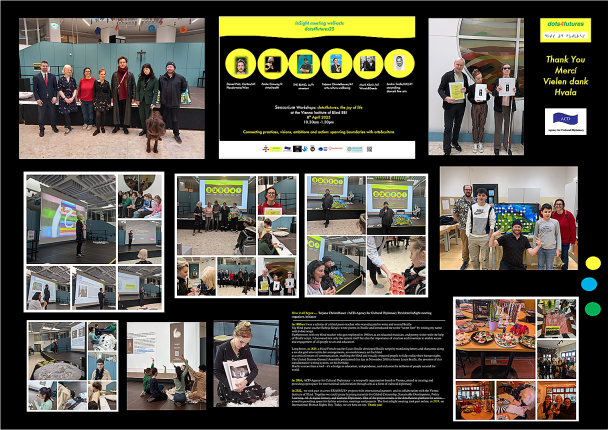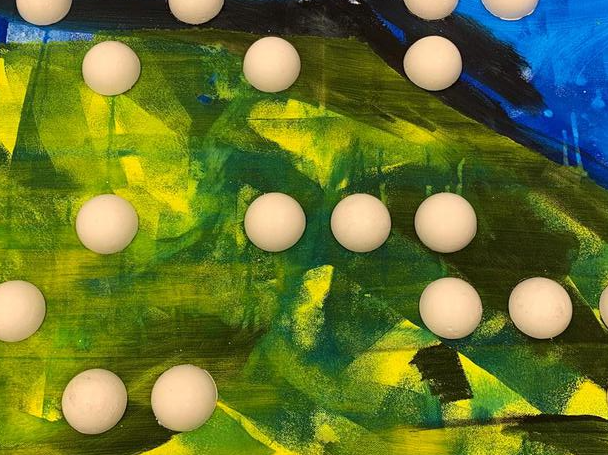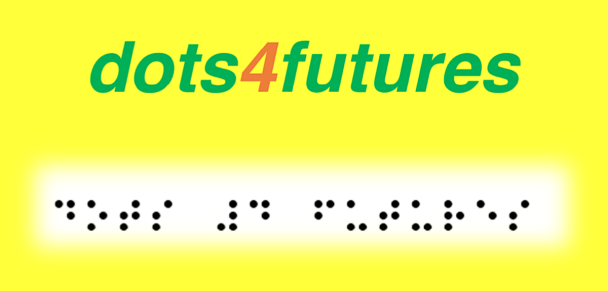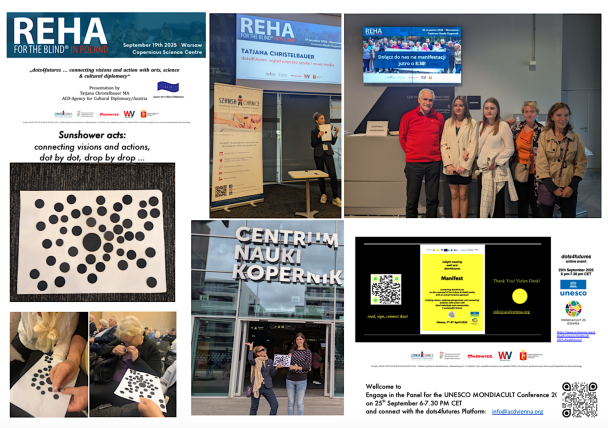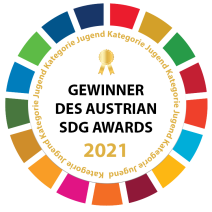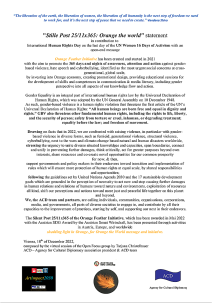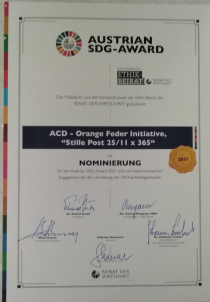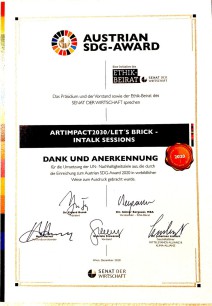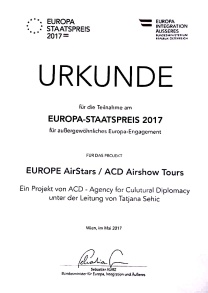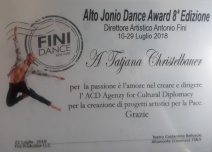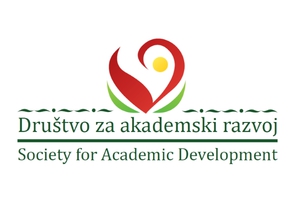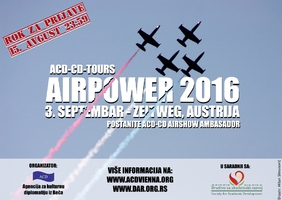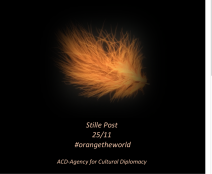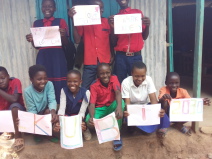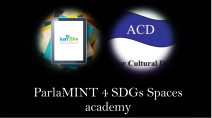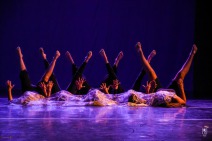
dots4futures: panel
Extended Programme "Towards MONDIACULT2025"
In contribution to the UNESCO MONDIACULT
World Conference 2025 Espana
"Cultural Rights
as a Foundation for Equity and Progress:
Inclusive Cultural Policy in Practice"
Panel & open meeting
Organized by: ACD – Agency for Cultural Diplomacy
Date: 25th of September 6 pm-8.30 pm (CET)
Location: Vienna, Austria / Online
Zoom meeting weblink will be provided upon registration:
info@acdvienna.org
Supported by
inSight meeting partners and contributors,
extended partnerships with Chance Foundation – We Are Together/Poland
Overview
As part of the UNESCO Mondiacult World Conference 2025, this event positions inclusive cultural policy as a strategic force for equity, dignity, and sustainable development. Our event, "Cultural Rights as a Foundation for Equity and Progress," brings together cultural professionals, educators, human rights activists, and artists—mainly blind and visually impaired individuals—to discuss the intersections of Cultural Rights, Culture and Education, and the Economy of Culture, and how they can drive systemic, inclusive change.
Building on our previous engagement in the UNESCO Mondiacult World Conference in 2022 with the HeartBell2030 #stayinlove online all-day event, which was supported by the organizer UNESCO Mondiacult Mexico, our team engages with an extended focus and inclusive approach.
This gathering is powered by the collective knowledge and experience of the inSight meetings, the dots4futures platform, and ACD’s multi-year collaborations within inclusive education, arts-based empowerment, and cultural diplomacy. Through manifestos, artistic presentations, and policy recommendations, we advocate for a paradigm shift: understanding culture as a living force intertwined with sustainability, mental well-being, and social justice.
Thematic Focus: multiple
1. Cultural Rights as a Catalyst for Inclusion and Human Dignity
Culture is not a privilege but a human right, essential for personal and collective identity. This event emphasizes the legal and ethical necessity of enabling everyone, including persons with disabilities, to access, participate in, and shape cultural life. We promote cultural democracy, where diverse voices—particularly from marginalized communities—are empowered to contribute to society's cultural evolution
.
2. Culture and Education: Co-creating Inclusive Futures
We showcase inclusive, art-based educational practices that foster agency, dignity, and creativity, particularly for blind and visually impaired individuals. Our work with the Vienna Institute for Blind and Erasmus+ projects illustrates how non-formal education and creative tools can bridge gaps in access, increase resilience, and unlock human potential. This aligns with UNESCO’s call to embed culture in formal, informal, and lifelong learning, and to appreciate diverse epistemologies and knowledge systems.
3. Economy of Culture: Creative Industries as Drivers for Social Change
With cultural and creative industries representing over 3% of global GDP and 30 million jobs worldwide, this sector is central to equitable development. Austria’s own creative economy illustrates the immense potential for innovation and job creation. Our event highlights how inclusive cultural production—by artists of all abilities—can drive economic independence, reduce vulnerability, and address structural inequalities such as gender-based violence and mental health disparities.
Our Approach: Inclusive, Interdisciplinary, Interconnected
We view culture through the prism of sustainability, seeing it as both a product of and a response to ecological, social, and economic conditions. Culture is relationally shaped by our need to connect, express, and transform. Our manifests and recommendations call for interconnected policy frameworks where culture is not siloed, but integrated into health, environment, education, justice, and economic strategies.
This event also emphasizes the role of new media, digital tools, and art-based methods in co-creating spaces for intercultural dialogue and inclusive innovation. By fostering transdisciplinary and participatory frameworks, we aim to support systemic transformation and sustainable policymaking.
Program Highlights
- Panel Discussion: Cultural Rights & Equity in Policy: From Vision to Implementation
- Presentation of the Inclusive Manifests: Recommendations for Embedding Culture in All Policies
- Art & Media Showcase: Inclusive artworks and digital media by blind and visually impaired creators
- Interactive Dialogue: Culture and Mental Health – Addressing Loneliness, Isolation, and Social Exclusion
Expected Outcomes
- Strengthened international dialogue on inclusive cultural policy
- Shared practices and tools for empowering blind and visually impaired individuals through arts and education
- Concrete policy recommendations to UNESCO and national stakeholders
- Broader awareness of the economic and social potential of inclusive cultural industries
- Amplification of cultural rights as a cross-cutting driver for achieving the 17 UN Sustainable Development Goals
- Relevant contribution to the UNESCO Mondiacult World Conference 2025
Our Commitment
Through this event, the ACD and its partners reaffirm their commitment to cultural rights, inclusive arts education, and the transformative power of creative industries. We stand by the principle that culture is a public good and a human right—an essential pillar for social cohesion, equity, and sustainable development.
Tatjana Christelbauer
ACD-Agency for Cultural Diplomacy President, organizer of the event
